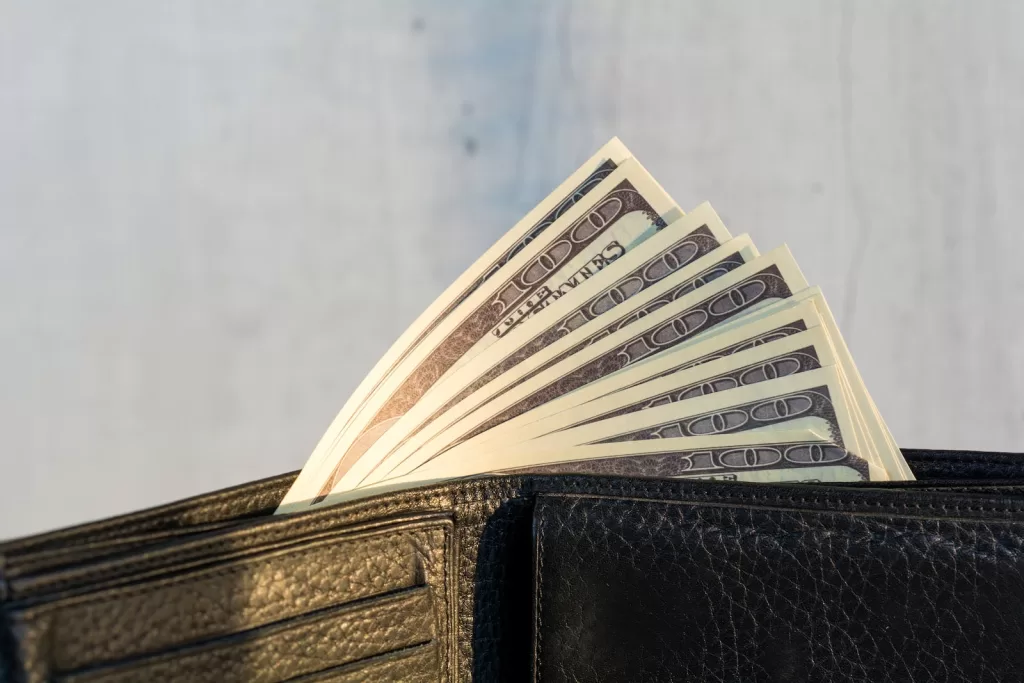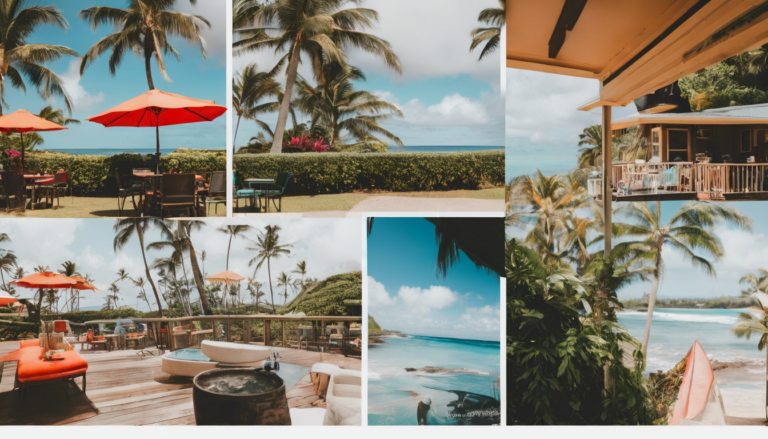Do you wish you could travel to exotic locations, see different cultures, and make priceless memories all without breaking the bank? You’re in luck, then! Not only is traveling on a budget possible, but it’s also a talent that everyone can learn. With the goal of assisting you in starting your own affordable adventures, we’ll take you on a tour of the world of low-cost travel in this thorough book.
The Budget Travel Mindset
Before we get into the nitty-gritty of affordable travel, we must first adopt the proper mindset. Traveling on a budget does not mean losing quality or missing out on experiences; it means making wise decisions that allow you to stretch your dollars further.
1. Prioritize Experiences Over Luxuries

One of the first budget travel lessons is to emphasize experiences over frills. Instead of staying in a five-star hotel, consider options such as hostels, guesthouses, or even camping. These solutions will not only save you money but also present you with a unique opportunity to meet other tourists.
2. Embrace Flexibility

A budget traveler’s best friend is flexibility. Be willing to change your vacation dates, places, and even arrangements on the fly. Last-minute offers and off-season travel can result in substantial savings.
Real-Life Example: Sarah, a frequent traveler on a budget, chose to visit Thailand during the rainy season. While it rained on occasion, she appreciated the fewer crowds, reduced pricing, and lush scenery.
Planning Your Budget Travel Adventure
Now that you’ve got the appropriate mindset, let’s get started on your cheap vacation trip.
3. Set a Realistic Budget

Begin by determining a reasonable budget for your trip. Consider all costs, such as airfare, lodging, food, activities, and transportation during your trip. Make careful to account for any unforeseen charges.
4. Choose Affordable Destinations

Some places are naturally more affordable than others. Investigate countries and towns where your money will be stretched further. Because of their lower living costs, Southeast Asia, Eastern Europe, and South America are attractive budget travel destinations.
Real-Life Example: Mark and Emily chose to travel to Vietnam, where they discovered that not only was great street food a culinary joy, but it was also surprisingly affordable.
5. Find Affordable Flights

Airfare is frequently one of the more expensive items in your travel budget. Consider the following ways to find cheap flights:
Utilize Fare Comparison Websites: Websites such as Skyscanner, Kayak, and Google Flights can assist you in locating the greatest deals.
Book in Advance: To ensure reduced airfares, try to book your flights in advance.
Be Flexible with Dates: As previously stated, flexibility can result in big savings on flights.
Consider Nearby Airports: Flying to a nearby airport and utilizing public transportation can often be less expensive than a direct flight.
6. Accommodation Options

Another area where you can save money on your budget travel experience is lodging.
Hostels: Hostels are the go-to alternative for budget travelers. They provide dormitory-style or private rooms at a fraction of the price of hotels.
Guesthouses: Guesthouses are tiny, family-run establishments that are generally less expensive than hotels.
Couchsurfing: For the daring and sociable traveler, Couchsurfing provides the opportunity to stay for free with locals.
Camping: If you’re visiting natural settings, camping can be a low-cost option.
7. Eating on a Budget

Traveling means sampling local cuisine, and you don’t have to splurge to enjoy good dining.
Street Food: Street food stalls frequently deliver delectable delicacies at surprisingly affordable prices.
Local Markets: If you have access to a kitchen, go to local markets to buy fresh products and cook your meals.
Budget-Friendly eateries: Look for eateries popular with locals, as they are typically less expensive than tourist destinations.
Getting Around on a Budget
You’ll need to get about after you get to your location. Here are some inexpensive transit options:
8. Public Transportation
Using public transportation is an excellent way to explore a city without breaking the bank. Most major cities have reliable and affordable subway systems, buses, and trams.
Real-Life Example: James explored Paris using the Metro, which allowed him to visit famous landmarks like the Eiffel Tower and the Louvre Museum without spending a fortune on taxis.
9. Walk and Cycle

Many cities around the world are pedestrian-friendly, and walking may be both fun and economical. For an even more immersive experience, consider hiring a bicycle.
10. Ride-Sharing and Carpooling
Consider ride-sharing services like Uber or local equivalents if public transportation is not an option. You can also look into carpooling alternatives with other people traveling in the same direction.
Making the Most of Your Activities
Budget travel doesn’t mean missing out on exciting activities and experiences. It’s all about finding cost-effective ways to enjoy your destination.
11. Free Attractions
Museums, parks, and historical sites are all free or low-cost attractions in many cities. Do some study to find these hidden treasures.
Real-Life Example: Lisa went to Washington, D.C., and explored the Smithsonian museums, which are all free to enter.
12. Group Tours and Discounts

Look for group tours and package deals that can save you money on activities and excursions. Additionally, student or youth discounts may apply to museums, galleries, and events.
Managing Your Finances Abroad
Handling money while traveling requires careful planning to avoid unnecessary fees and expenses.
13. Currency Exchange
Avoid exchanging cash in airports and tourist areas, where rates are frequently lower. For better rates, use local banks or ATMs.
14. Travel-Friendly Credit Cards
Consider getting a travel-friendly credit card with no foreign transaction fees. These cards can save you money on international purchases.
15. Budgeting Apps
Use budgeting apps to track your expenses in real time and stay within your budget. Apps like Mint or YNAB can be incredibly helpful.
Staying Safe While Budget Traveling
Traveling on a budget doesn’t mean compromising your safety. Here are some essential tips:
16. Research Safety
Before traveling, research the safety situation in your destination. Stay informed about any travel advisories or potential risks.
17. Travel Insurance
Invest in comprehensive travel insurance to protect yourself in case of unexpected events, such as medical emergencies or trip cancellations.
18. Stay Connected
Keep loved ones informed about your whereabouts and plans. Ensure you have a way to communicate







